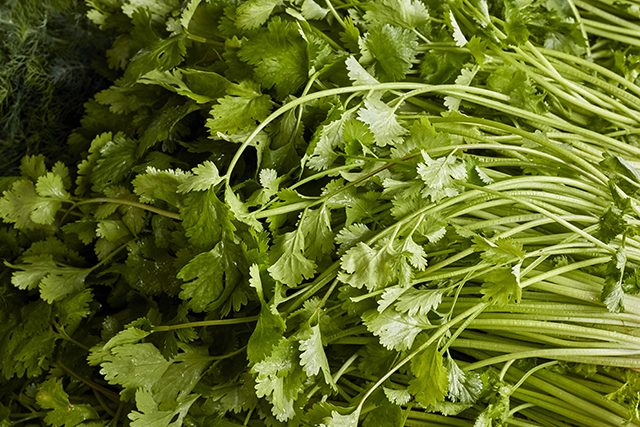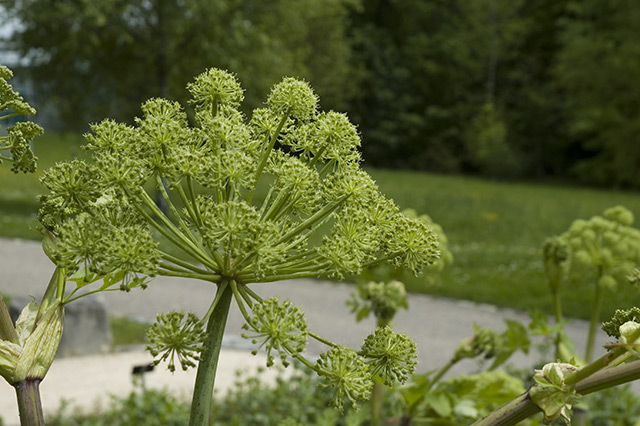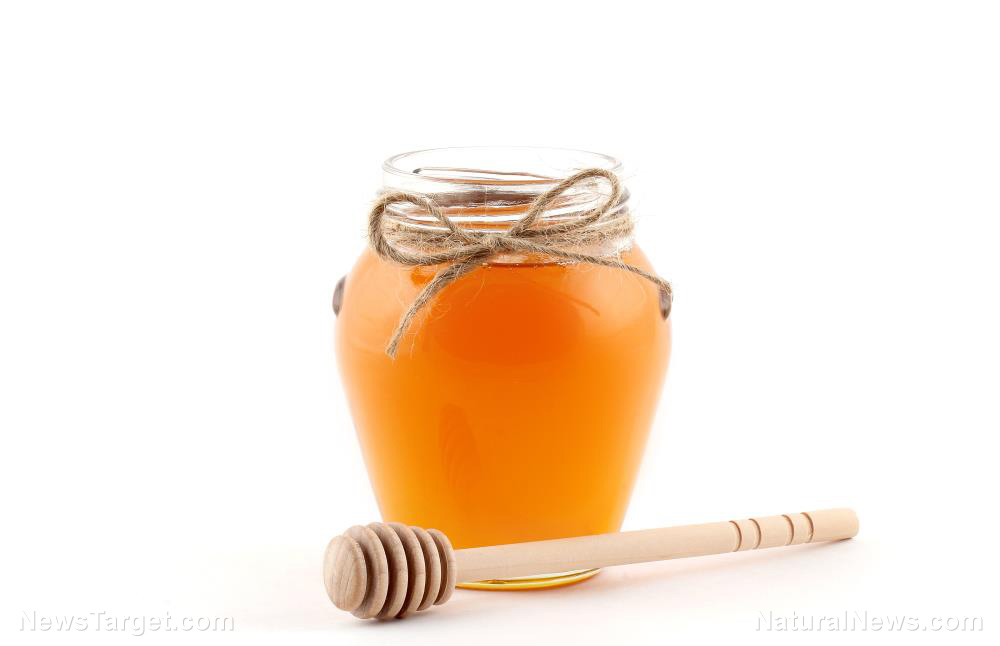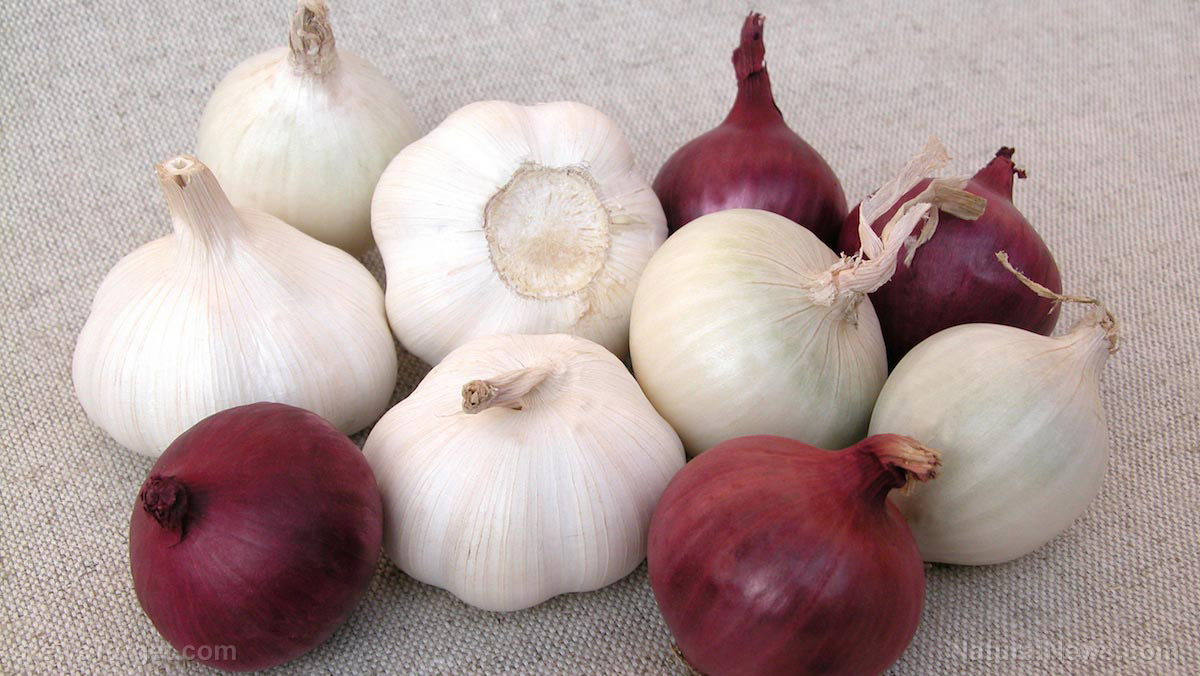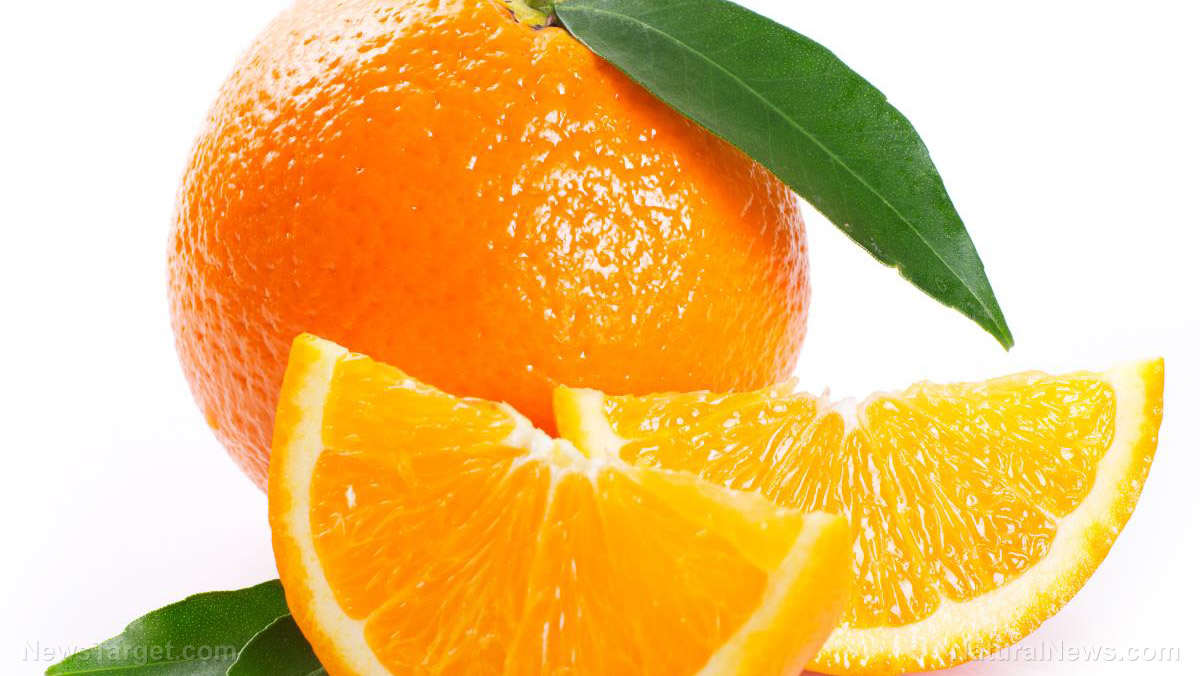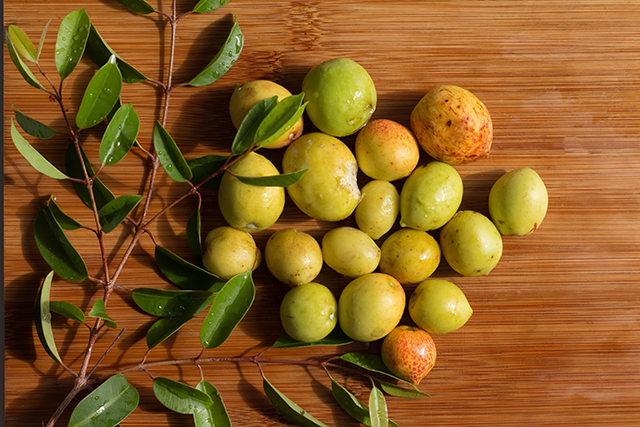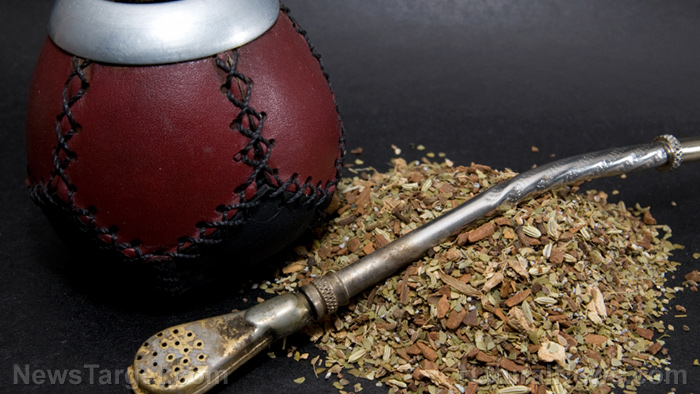Program yourself: Eating an apple before shopping for groceries leads to far healthier food purchases
12/04/2017 / By Ralph Flores

Walking down the aisle of the grocery can be a daunting task for anyone. For some people, it’s next to impossible to stay away from the snack bar — it’s like your feet are forced to go there!
Did you ever wonder how to get away from that? Researchers at Cornell University may have found a trick to escape the curse of the snack aisle.
Just eat an apple before you shop.
In their research, scientists discovered that people who ate an apple before shopping bought 25 percent more fruits and vegetables over those who did not eat before they shopped. Dr. Aner Tal and Dr. Brian Wansink, authors of the study, proved their hypothesis by conducting three studies. For their first study, 120 participants were randomly given an apple sample, a cookie sample, or no sample before they started shopping. The researchers then monitored the purchases made by the individuals. They discovered that shoppers who were provided with an apple prior to shopping bought 28 percent more fruits and vegetables over those who got cookies before shopping and 25 percent more than those who were not given a sample.
“What this teaches us,” Tal goes on to explain, “is that having a small healthy snack before shopping can put us in a healthier mindset and steer us towards making better food choices.”
For the second and third experiments, shoppers did their shopping virtually. For the second study, 56 participants were given cookies or apples in the beginning and then asked to imagine themselves shopping in a grocery. Virtual shoppers were then made to choose 20 pairs of products. Each pair contained one item that was labeled healthy (low-calorie) and another that was unhealthy (high-calorie). Similarly, people who were provided with the apple sample were shown to have chosen items that were healthy over those who had the cookie sample. In addition to this, participants who were part of this sample were noted to have opted for greater amounts of less healthy items.
For the third experiment, 59 participants were divided into three control groups: one group was given chocolate milk that was labeled “healthy, wholesome chocolate milk”. The other group was given the same chocolate milk. However, this time, it was labeled “rich, indulgent chocolate milk”. Meanwhile, the final group did not receive any milk. They were then made to select food in a virtual grocery store containing both healthy (low-calorie) and unhealthy (high-calorie) choices. Results for this study showed that people who were given chocolate milk that was labeled as healthy and wholesome were able to choose healthier foods in the virtual grocery store. This shows that one of the factors that can influence a behavior of a person after consuming a sample is its perceived healthfulness, not its actual healthfulness. This is a reinforcement of priming, where exposure of an organism to a stimulus creates a conscious or unconscious mental thought related to it. This also puts the nudge theory to test, as a small idea can be a driving force for a bigger action in the future.
The authors recommend store owners to provide a sample of fruits and vegetables before entering a store. They also recommend people who will be shopping to eat a small, healthy snack before shopping. It will not only satiate your hunger, it may lead you out of the snack aisle and into healthier options in the supermarket.
Who knows, eating an apple a day may really keep you away from unsavory and unhealthy food!
Learn more about keeping your health in check by checking out FoodSupply.news.
Source include:
Tagged Under: apples, groceries, grocery stores, healthy food, healthy habits, healthy shopping, nutrition, perceived healthfulness, power of suggestion, priming, shopping, smart shopping



